
Tips for Talking to Youth
TIP #1
;)
Start Talking Today
Have ongoing conversations with the young person to build a rapport. Start by letting them know you are a safe person they can talk to without judgement. Conversations can start with basic topics such as what they see on tv or on the internet and lead into talk about Cannabis use. It can also lead to talking about the young person’s generational history around substance use. You can build the conversation from there.
- Don’t lecture, be calm, talk and actively listen.
- Keep an open mind and try to understand what they are experiencing in life.
- Be supportive and express concern – it is counterproductive to be shameful, angry or use scare tactics.
- Set limits around safety and what your expectations are around substance use by compromising with the youth if possible and create a plan together. It may not be realistic to ask them never to use. Sometimes this can actually cause more harm than good. Write out expectations together and offer them a copy of the plan.
- Let them know they can talk to you if they are worried about their own substance use or someone else’s use – that it’s about keeping them safe. Remind them often that you are a safe person they can talk to about Cannabis.
- Let the young person know you can get them connected to a counsellor who specializes in substance use who they may feel more comfortable to talk with, especially if you are their guardian or authority. Let them know you understand this and are not offended; you are more concerned they receive specialized support from an expert, and will be there to support them along the way. This shows you care and want what is best for them.
TIP #2
;)
Discuss Different Topics
Talk about a wide range of topics, not just about substance use. Invite them to offer their opinions, even if they are different than yours. Find out what they think about cannabis use.
Don’t put pressure on them to seek help as soon as you hear they are involved with Cannabis. Gauge the conversation and bring this up when the timing is right. Let them know it’s best to see a professional when they are ready. Sometimes, depending on their level of involvement with Cannabis, they may become ready when they experience natural consequences around their use such as not following the expectations set out for them or being caught under the influence. These are signs there may be problematic use.
TIP #3
;)
Check-In
Find out who they are hanging out with and get to know their friends. Get to know their on-line world. Show interest in who they connect with via social media or the video game world. Help them to know there are many positive things on-line and also things that could be concerning and have a negative impact. Showing your interest helps to build rapport and trust.
TIP #4
;)
Stay Connected
Spend time with them and keep them busy. It’s common to hear young people say that boredom or loneliness are triggers to substance use. For boredom, try to come up with a schedule or routine that is balanced with work and play time to fill their weeks and weekends. For loneliness, find them connection and purpose. Help them to be more comfortable with their alone time, their thoughts and reflection time. Increase the positive things in their life.
TIP #5
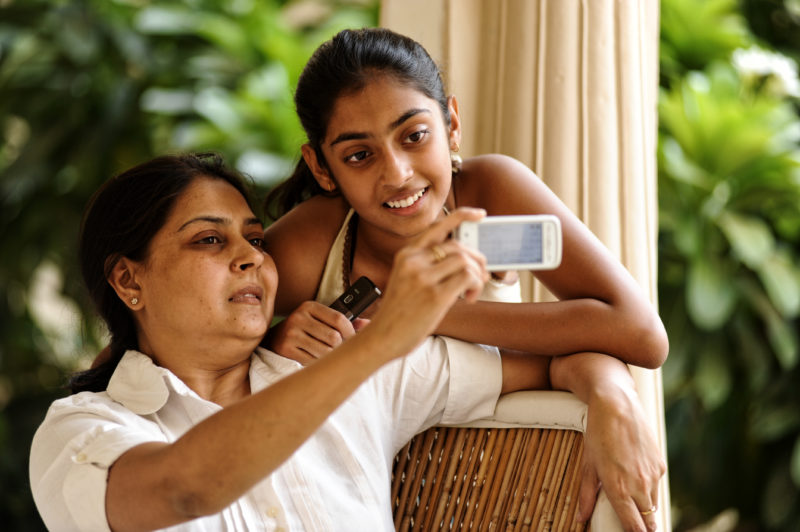;)
Stay In The Know
There are many myths about cannabis. Have the information to help them make informed choices (drugfreekidscanada.org). Be aware of Canada’s Low-Risk Drinking Guidelines & Lower Risk Cannabis Guidelines (Guidelines PDF). Inform yourself with the right information.
TIP #6
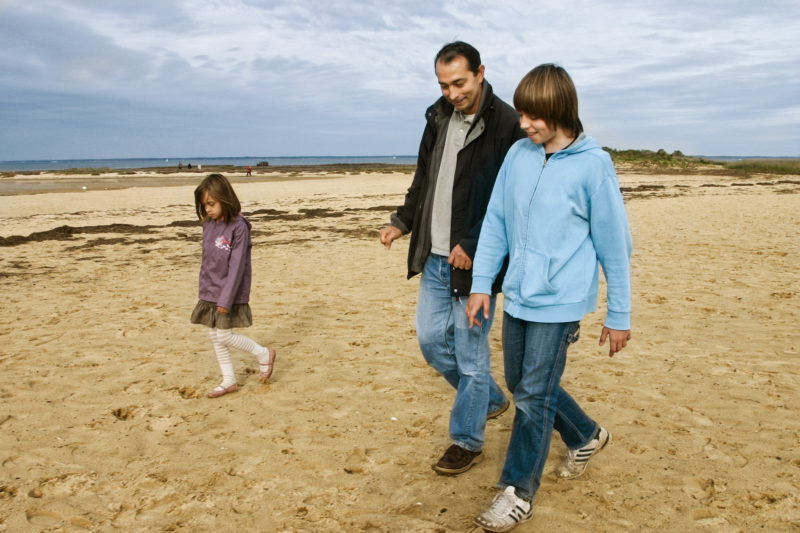;)
Set Goals and Revisit
What do you want to gain from the conversation? Not all conversations will go well, but it important to learn from the experience and follow-up. Check-in often and do things to show you care about them.
TIP #7
;)
Set an Example
Be responsible when it comes to your own use. Children are watching and learning from you. You are a role model. As a service provider, how you behave influences them. You are a protective factor. The more positive protective factors in a young person’s life, the less likely they will turn to Cannabis and other drugs.
TIP #8
;)
Be Aware Experimentation and Mistakes Happen
Teenage brains are still growing, including their impulse control. Turn the mistake into a discussion and learning opportunity – be rational. Normalize mistakes and let them go. Their substance use is not about you, try not to hold onto resentment. Bringing up past mistakes can sometimes create more shame and guilt and may increase stress. Increased stress may lead to an increase in use and them trying to hide it. Hiding their substance use could increase their risk to safety. Stay calm and be approachable.
TIP #9
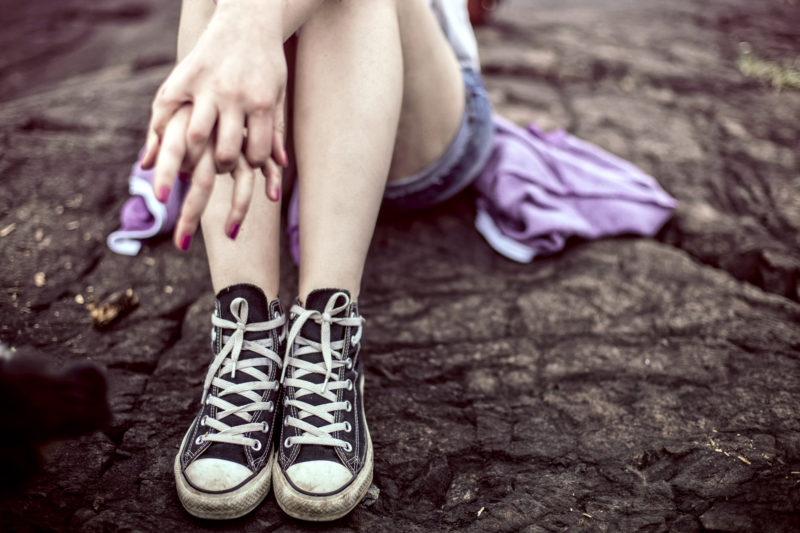;)
Seek Help if Needed
The teenage age years can be a vulnerable period and may lead to mental health challenges such as anxiety, stress and depression. They may cope with these emotions with substances. If you think the young person is experiencing problems with Cannabis, talk to them about it.
Cannabis Myths & Facts
It’s Natural, So It’s Harmless
About 10 milligrams of THC can potentially cause toxic psychosis—or THC-induced, psychotic-like symptoms such as delusions—in about 40% of people. Additionally, the risk of developing psychosis or schizophrenia may increase (particularly in those 16 and under) when cannabis is used more frequently, especially on a daily and near-daily use. Natural/organic/herbal does not mean safe!
Cannabis Is Not Addictive
Cannabis is addictive, especially for young people. Overall, about 1 in 11 – or 9% – of people who abuse cannabis will develop an addiction over time. The risk rises to 17% if users start a cannabis habit during adolescence. It rises further to 25-50% for those who use the drug every day. People with psychological dependence may be preoccupied with using cannabis, and if they can’t get it, they feel anxious.
It’s Safe to Drive While Under the Influence of Cannabis
Drugs and driving don’t mix. Remember that driving a vehicle while high can pose the same risks as drinking and driving. Just like alcohol, Cannabis affects a user’s brain function. A person high on Cannabis will have:
- Decreased reaction time
- Decreased visual ability
- Decreased attention
- Impaired decision making
No one recovers from addiction, it's hopeless and I’m helpless
People do in fact recovery from addiction and lead productive healthy lives by changing their behaviors and habits. As a service provider, you can help! Getting to the good stuff takes time and effort. Intervention and recovery at a younger age can increase a young person’s success in recovery and can create lasting positive change in the short and long term. Having a positive experience with a professional whether they are ready to make a change or not, will instill in them that its ok to reach out for support in the future. They will be reminded of the positive experience they previously had with any professional.
You Can’t Overdose on Cannabis
You cannot die directly from taking cannabis, however, it is possible to overdose (also know as Cannabis poisoning) and become physically ill (nausea, vomiting), experience extreme anxiety, paranoia, and short-term psychosis (loss of touch with reality). These effects can take several hours to go away, depending on how the cannabis was consumed. The risk for overdose is especially high if you consume homemade edible cannabis products, as it is usually not possible to accurately measure your dosage. Please take precautions children in your home do not have access to edibles as they may mistake them for candy.
Holding It in Your Lungs Makes the Effects Better
There is no scientific evidence to support this. Instead, holding the smoke in your lungs potentially increases the damage to your lungs. If you smoke or vaporize cannabis, it is best to exhale and not hold it in your lungs for any amount of time.
Everybody Uses Cannabis
In Manitoba, 60% of people 19 and over have tried cannabis at some point in their life. However, in 2022, 35% of Manitobans reported that they were currently using it.
Prohibiting Cannabis Keeps Kids From Using It
There’s no foolproof way to keep Cannabis out of the hands of children. Canada’s Cannabis Act has several measures that help prevent youth from accessing cannabis. These include both age restrictions and restricting promotion of cannabis.
Cannabis Is a “Gateway” Drug
There has been no consistent relationship between the use patterns of cannabis and other drugs. While studies of large numbers of people have indeed found that those who smoke cannabis are more likely to use other drugs, these studies show a correlation without showing causation. In short, just because cannabis smokers might be more likely to use other drugs like cocaine, does not imply that using cannabis causes one to use cocaine.
It’s Legal So It’s Safe
Cannabis is legal to purchase if you are 19 or older. However, youth cannabis use is connected to:
- Mental health issues (depression, anxiety) – especially regular use
- Impaired development of reason and judgement
- Poor educational outcomes
- Reduced earning potential
- Risk taking & unsafe behavior
- Impaired driving
- Psychosis (in rare cases)
"It's Not a Big Deal, I Smoked It in the 70's"
In recreational cannabis, levels of THC have been increasing while levels of CBD have been decreasing. This decreases the “protective” effect that CBD may have had on the effects of THC. THC potency in dried cannabis has increased from an average of 3% in the 1980s to around 15% today. Some strains can have an average as high as 30% THC.
Cannabis is Safe to Use During Pregnancy and Breastfeeding
Cannabis use in pregnancy may affect the baby’s brain development and when the child reaches school age, it may have problems with attention, behaviour, memory, delayed reading skills, and depression.
Mind & Body Facts
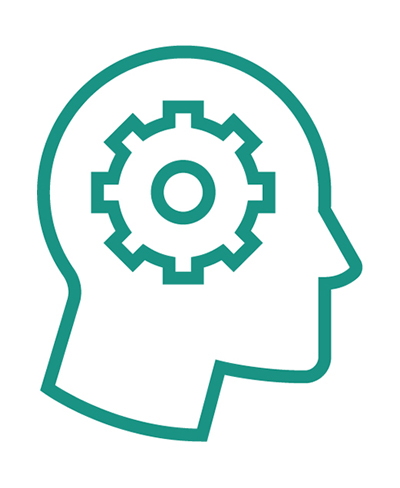;)
Brain Development
Brain Development
The brain continues to grow and develop until your mid-20’s. Research shows that using cannabis can impact your brain’s processing speed, ability to pay attention and short-term memory.
SOURCES: Cannabis in Canada; Le cannabis et votre santé
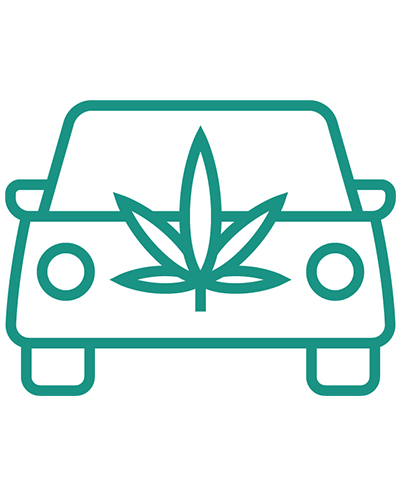;)
Impaired Driving
Impaired Driving
Being impaired by cannabis effects coordination, reaction time and decision making. This has led to many fatal and non-fatal motor vehicle accidents. Driving impaired is a criminal offence and can result in an impaired driving charge. Passengers are placing themselves at risk when driving with impaired drivers.
SOURCES: Cannabis in Canada; Le cannabis et votre santé; MPI.mb.ca
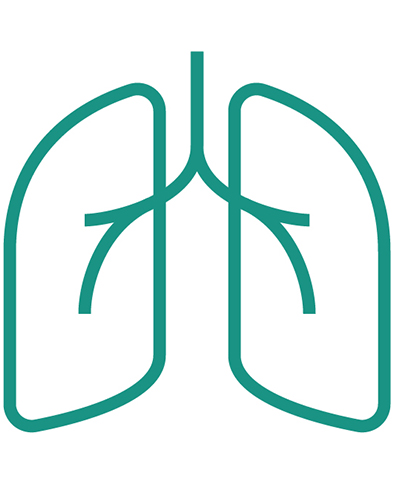;)
Lungs
Lungs
Cannabis smoke contains many of the same chemicals as tobacco smoke. If you choose to smoke cannabis, avoid holding your inhale, as it increases damage to the lungs.
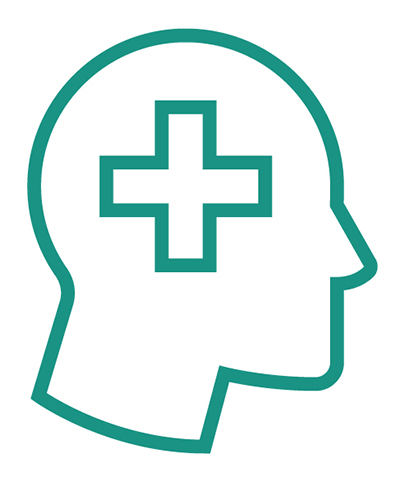;)
Mental Health
Mental Health
Using cannabis can negatively impact your mental health. It can cause an increase in feelings of anxiety and depression, impair your memory and cognitive functions, and may increase the risk of psychosis.
SOURCES: Cannabis in Canada; Le cannabis et votre santé; CCSA; CCSA-FR
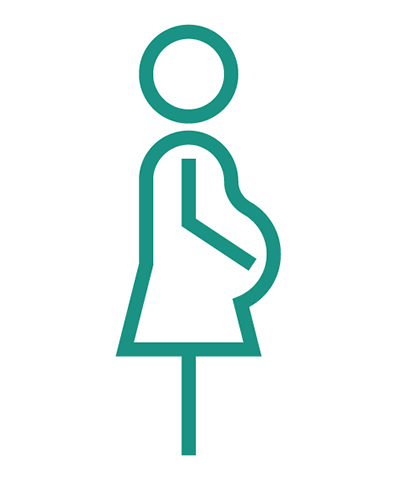;)
Pregnancy
Pregnancy
Using cannabis throughout pregnancy has been related to having a lower birth weight and developmental effects in children. Cannabis can also be passed through breast milk to the baby.
Reducing health risks related to cannabis use
When choosing to use cannabis, you can actively take steps to reduce risks to your health. Below are 10 science-based recommendations for how to do so. These recommendations are aimed mainly at non-medical cannabis use.
Cannabis Use Has Health Risks Best Avoided by Abstaining
Remember that every form of cannabis use poses risks to your health. The only way to completely avoid these risks is by choosing not to use cannabis. If you decide to use cannabis, follow these recommendations to lower risks to your health.
Delay Taking up Cannabis Use Until Later in Life
The earlier in life you begin using cannabis, the higher your risk of serious health problems. Teenagers, particularly those younger than 16, should delay using cannabis for as long as possible. You’ll lower your risk of cannabis-related health problems if you choose to start using cannabis later in life.
Identify and Choose Lower-Risk Cannabis Products
Higher-strength or more powerful cannabis products are worse for your health. If you use products with high tetrahydrocannabinol (THC) content, the main mind-altering ingredient in cannabis, you’re more likely to develop severe problems, such as dependence or mental health problems. Cannabidiol (CBD), another cannabis ingredient, can counteract some of THC’s psychoactive effects. If you use, choose low-strength products, such as those with lower THC content or a higher ratio of CBD to THC.
Don’t Use Synthetic Cannabinoids
Compared with natural cannabis products, most synthetic cannabis products are stronger and more dangerous. K2 and Spice are examples of synthetic cannabis products. Using these can lead to severe health problems, such as seizures, irregular heartbeat, hallucinations and in rare cases, death.
Avoid Smoking Cannabis – Choose Safer Ways of Using
Smoking cannabis (for example, smoking a joint) is the most harmful way of using cannabis because it directly affects your lungs. There are safer, non-smoking options like vaping or taking edibles that are better for your lungs. Keep in mind that these alternatives aren’t risk-free either.
Limit and Reduce How Often You Use Cannabis
The more frequently you use cannabis, the more likely you are to develop health problems, especially if you use on a daily or near-daily basis. Limiting your cannabis use to occasional use at most, such as only using once a week or on weekends, is a good way to reduce your health risks. Try to limit your use as much as possible.
Don’t Use and Drive or Operate Other Machinery
Cannabis use impairs your ability to drive a car or operate other machinery. Don’t engage in these activities after using cannabis, or while you still feel affected by cannabis in any way. These effects typically last at least six hours but could be longer, depending on the person and the product used. Using cannabis and alcohol together further increases your impairment. Avoid this combination before driving or operating machinery.
If You Smoke Cannabis, Avoid Harmful Smoking Practices
If you choose to smoke cannabis, avoid inhaling deeply or holding your breath. These practices increase the number of toxins absorbed by your lungs and the rest of your body and can lead to lung problems.
Avoid Cannabis Use Altogether if You Are at Risk for Mental Health Problems
Some people are more likely to develop problems from cannabis use. Specifically, people with a personal or family history of psychosis or substance use problems, and pregnant women should not use cannabis at all.
Avoid Combining the Risks Identified Above
The more risks you take, the greater the chances of harming your health as a result of cannabis use.
Learn More
Responsibility
Starts With
Knowing
the Law
Even though cannabis is legal in Canada, there are still rules and regulations that have been put in place by each provincial government. It is important to familiarize yourself with Manitoba the laws so that you can safely, legally and responsibly use marijuana.
Learn MoreWe're Here
For You
If alcohol, drugs or gambling are causing problems for you or someone you know, call the Manitoba Addictions Helpline at 1-855-662-6605 (toll free) or the Youth Addictions Centralized Intake at: 1-877-710-3999. For information about our programs and services please visit Mental Health & Addictions, Shared Health.



